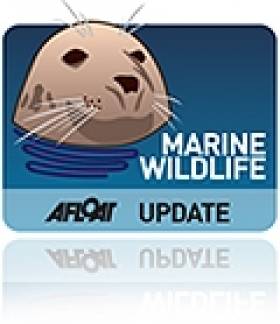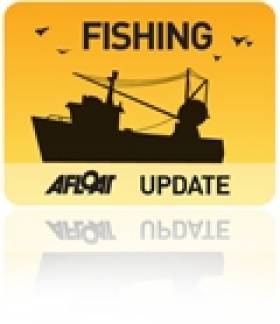Displaying items by tag: National Federation of Fishermen's Organisations
Water Users Speak Out Over UK Marine Conservation Proposals
#MARINE WILDLIFE - Sailors, fishermen and SCUBA divers in England's West Country could face "tough new restrictions" if plans for conservation zones in the Irish Sea and around the UK coast go ahead.
According to This Is Cornwall, groups representing water users argue that marine protection plans "would have severe knock-on effects on those who rely on the south west's coastline for employment and leisure".
Alana Murphy of the Royal Yachting Association said: "A lot of the small inshore areas proposed as conservation zones coincide with estuaries and bays that are used by sailors for mooring, or for laying buoys for racing. We are concerned we could lose important sailing areas."
Companies involved in offshore renewable energy have voiced their concerns on the impact of marine reserved on their development, while the National Federation of Fishermen's Organisations added that the scale of proposed fishing reserves was too great, and could potentially push commercial fishermen "to other areas which will then get overfished".
As previously reported on Afloat.ie, the UK's Wildlife Trusts have expressed dismay that plans to establish Marine Conservation Zones in the Irish Sea and elsewhere have been shelved till at least next year after pressure from fishermen, boaters and other groups.
Unique Fisheries Conference Set for Galway
A unique conference - aimed at making the most of fisheries information collected from commercial fishing vessels and fishermen themselves – will take place later this month in Galway between the 23rd and 26th August.
The conference will be hosted by the Marine Institute and is being convened by Norman Graham (Marine Institute, Ireland), Richard Grainger (Fisheries and Agriculture Organisation - FAO), William Karp (Alaskan Fisheries Center – NOAA, USA) and Kjell Nedreass (Institute of Marine Research, Norway).
It will also feature a number of well known speakers from the fishing industry including Lorcan O'Cinneide of the Irish Fish Producers Organisation, Gavin Power of the Irish South and West Fish Producers Organisation, and Barry Dees from the National Federation of Fishermen's Organisations, UK.
The theme of the conference will be to find ways of harnessing the information from commercial fisheries and observations made by fishermen so as to improve scientific advice and management of marine resources, As Norman Graham observes, "every time a fisherman puts his net in the water, he's not only catching fish, he's taking a scientific sample as well."






























































